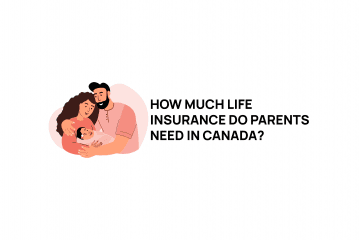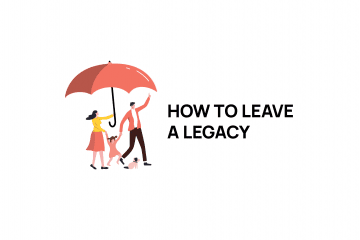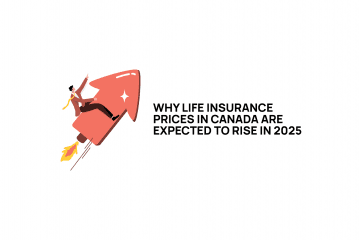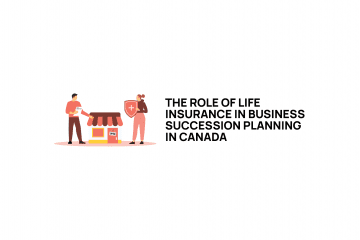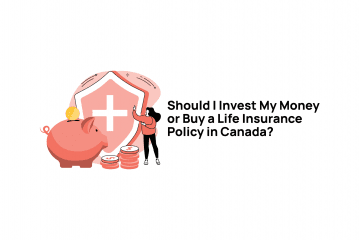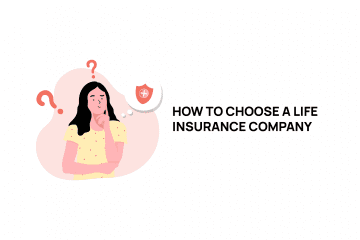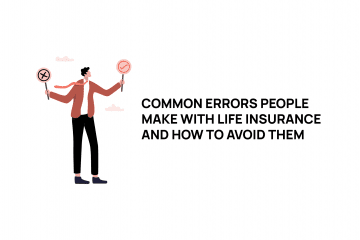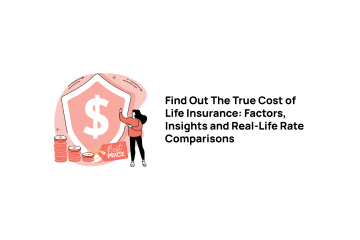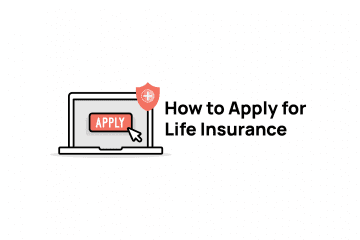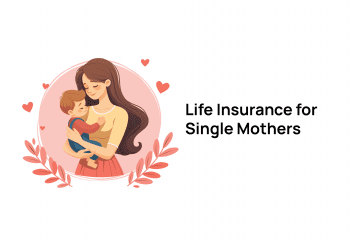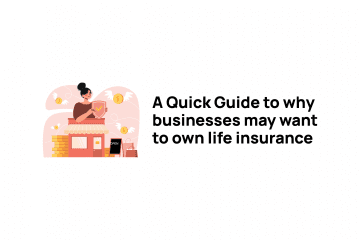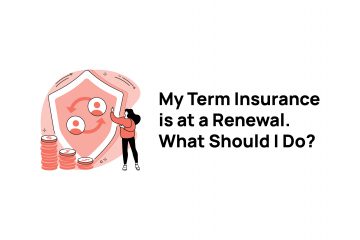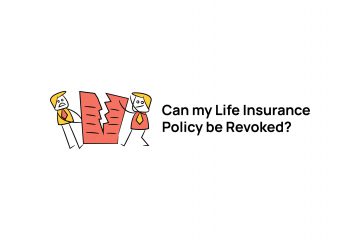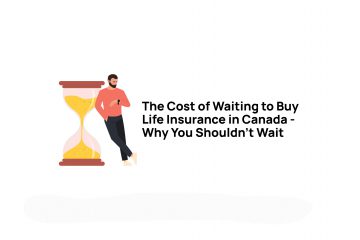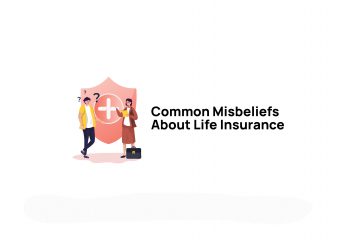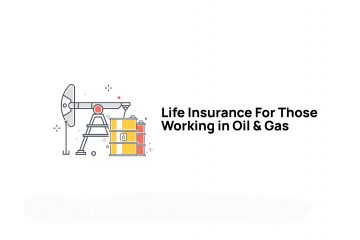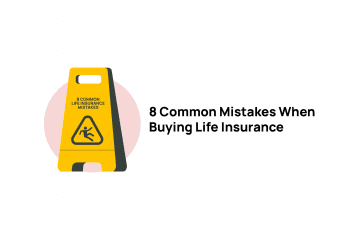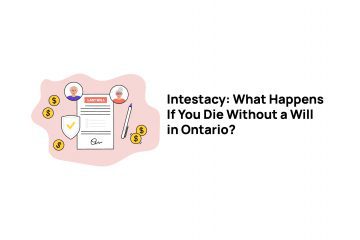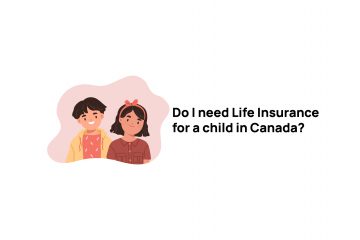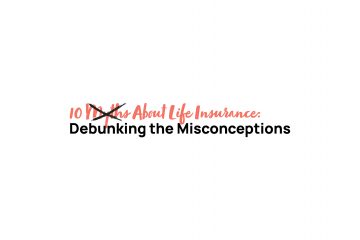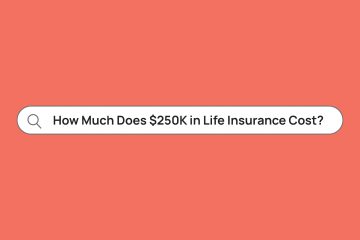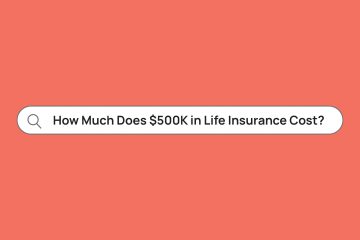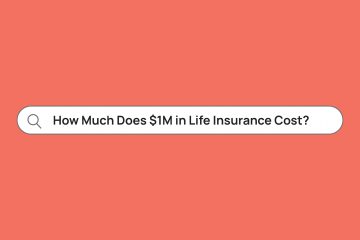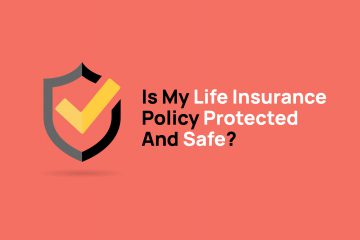As you go through buying, paying off, and owning a house, you will be pitched to buy life insurance, mortgage insurance, or both. While having insurance to cover you and your investment should the worst happen is a good idea, there are clear advantages to buying life insurance and passing on mortgage insurance.
Here are the key differences and why you should not purchase mortgage insurance, particularly if life insurance is an option.
In This Article:
- How life and mortgage insurance work
- Life insurance explained
- Term life insurance explained
- Permanent life insurance explained
- Mortgage insurance explained
- Which option is better mortgage or life insurance?
- Frequently asked questions
How Life and Mortgage Insurance Work
Both types of insurance cover part or all of the cost of your home, depending on the policy you purchase. One is more of an umbrella insurance, and the other is targeted specifically toward your home. Knowing what to buy requires knowing how each work and how each would benefit you if, in fact, both would.
Life Insurance Explained
You purchase a life insurance policy to help your loved ones financially if the worst happens to you. A life insurance policy is an agreement between an insurance company and yourself that pays your beneficiaries a set amount of money should you pass away. The amount of life insurance is determined when you purchase the policy.
Life insurance is attractive because whether you die the next day or during the last year of the policy, you get the same amount of money from the insurance company. The amount paid to your beneficiary(ies) is called a “death benefit.”

There are two types of life insurance policies:
Term Life Insurance Explained
Term life insurance covers the death benefit, and savings and investment benefits are excluded. The contract is good for a set number of years, called a term. The term can be any amount of time, provided the insured has remained current on any due payments. The term is often a set number of years, such as 10, 20, or 30 years.
When the term is up, called “term maturity,” the next step is determined by the language in your policy. There are a few options:
The first is that the policy expires. Your coverage at that point stops.
A second option is that the policy gets renewed for a new term. Some policies have a guaranteed renewal policy. The premiums will usually be more expensive since you will be older and your mortality theoretically closer at hand.
Some policies have a return of premium clause where a company will pay back all or some of the premiums. These types of policies are more expensive than a regular term policy. A return of premium is different than the cash value of the policy.
A final option is the conversion privilege, which some companies offer that lets you convert your term policy to a whole life policy. These are usually only available for a limited part of the term policy and do not extend past the term’s maturity.
Get a free quote
Permanent Life Insurance Explained
A permanent life insurance policy has a saving and investment benefit, plus a death benefit. The coverage of a permanent life insurance policy is good for the entire lifetime of the insured, provided all premiums are paid and up to date.
There are a few types of permanent life insurance.
Whole Life Insurance usually comes with a savings account you can draw from or borrow while you are still alive. You do not have to pay the loan back, but your death benefit will be reduced by that amount when you pass away. Beneficiaries will receive the face value of the policy, not the face value plus cash value.
Universal Life Insurance lets you adjust your premiums and death benefit, providing you with flexibility if your life circumstances change. Universal also lets you merge your death benefit with the policy’s cash value to increase the payout to your beneficiaries.
A variable life insurance policy lets you put your cash value into an investment account. The insurance company manages the account. Earnings cover your premiums, or they are added to the death benefit. The reward is a lower cost in terms of the cash you must pay. The risk is the investment does poorly, which can affect the total of your death benefit.
Mortgage Insurance Explained
Mortgage Insurance is offered via a mortgage lender and covers only your mortgage debt. There are a few commonalities with all mortgage insurance:
- The policy value changes throughout the mortgage
- Mortgage Insurance is more expensive but easier to get
- The mortgage lender gets paid out versus your beneficiaries
There may also be stipulations with mortgage insurance that determine if you have the option to buy it. For example, if your down payment is low, you might be required to purchase it as a hedge against you defaulting.
Which Option Is Better Mortgage or Life Insurance?
While both types of insurance serve a purpose, life insurance protection is usually better. In most cases, life insurance is the better option if the beneficiaries are the sole concern. While the home gets covered with mortgage insurance, life insurance provides more in terms of a payout. Other comparison points include, but are not limited to:
- Term life insurance costs a good deal less, sometimes as much as 60 percent less
- Mortgage insurance benefits decrease as your mortgage decreases
Unless mortgage insurance is required, if you have the option, life insurance is a better investment because it covers more and will pay your beneficiaries more.

Frequently Asked Questions
Here are a few common questions about mortgage and life insurance that many people have.
Does it make sense to purchase both life and mortgage insurance?
No, not unless you are required to purchase mortgage insurance. If that is the case, adding life insurance is a good idea, although it should be regarded as an entirely different investment.
How much life insurance should be purchased?
How much life insurance you should purchase depends on your life circumstances and what you want to leave your beneficiaries. A minimum amount should cover your debt, funeral expenses, and expenses related to your estate. Leaving your beneficiaries with a significant amount of money is a good idea if you can afford the policy. There is no penalty for paying for more life insurance, provided you can afford it.
Is mortgage insurance worth it if it is not required?
Whether mortgage insurance is worth the investment depends on the value of the mortgage, you are paying off. If you have an expensive home, it might be worth looking into if your beneficiaries will not be able to upkeep the mortgage payments.
Final Thoughts
Life insurance is a better investment if you have the choice because it pays out more if you die prematurely. Mortgage insurance might be a requirement to secure a loan, but otherwise, the only scenario where it is a better investment is if your home is expensive and there is no way your beneficiaries will be able to keep up with payments.
As a company, we are obligated to offer you mortgage insurance but recommend you speak to a licensed insurance agent to see what other options are out there. With mortgage insurance, somebody else is in charge of where the benefit goes should it be paid out, and you are paying the same amount every month for a decreasing benefit.
Plus, you might even be able to save some money with term life insurance while getting a larger payout in the end. If you are required to purchase mortgage insurance by your lender, you should see what life insurance options are available as an additional form of investment.
Get a quote on term life insurance or book a call with one of Life Insurance Canada’s life insurance specialists today.
Written by our trusted partners Strata Mortgage Team.



